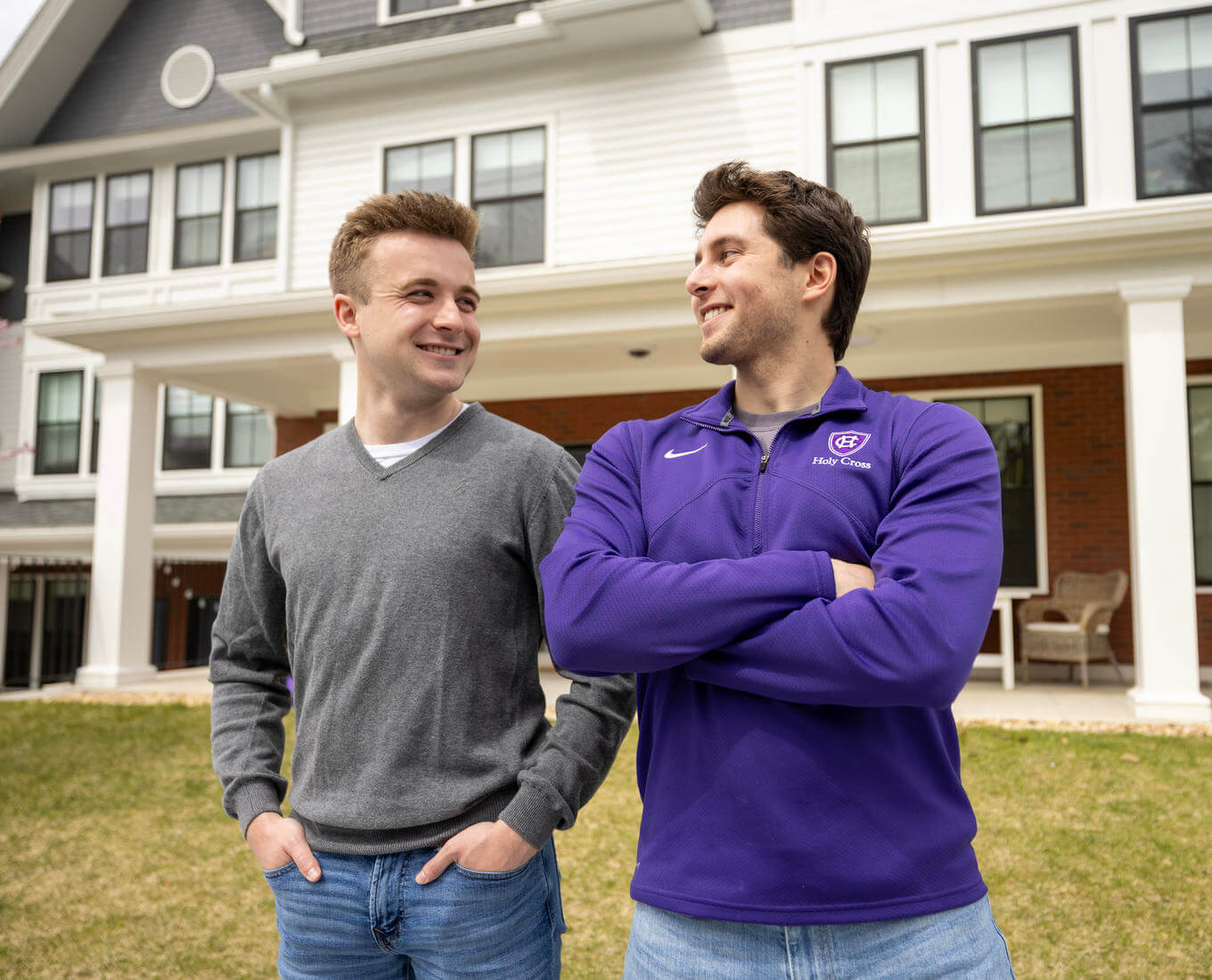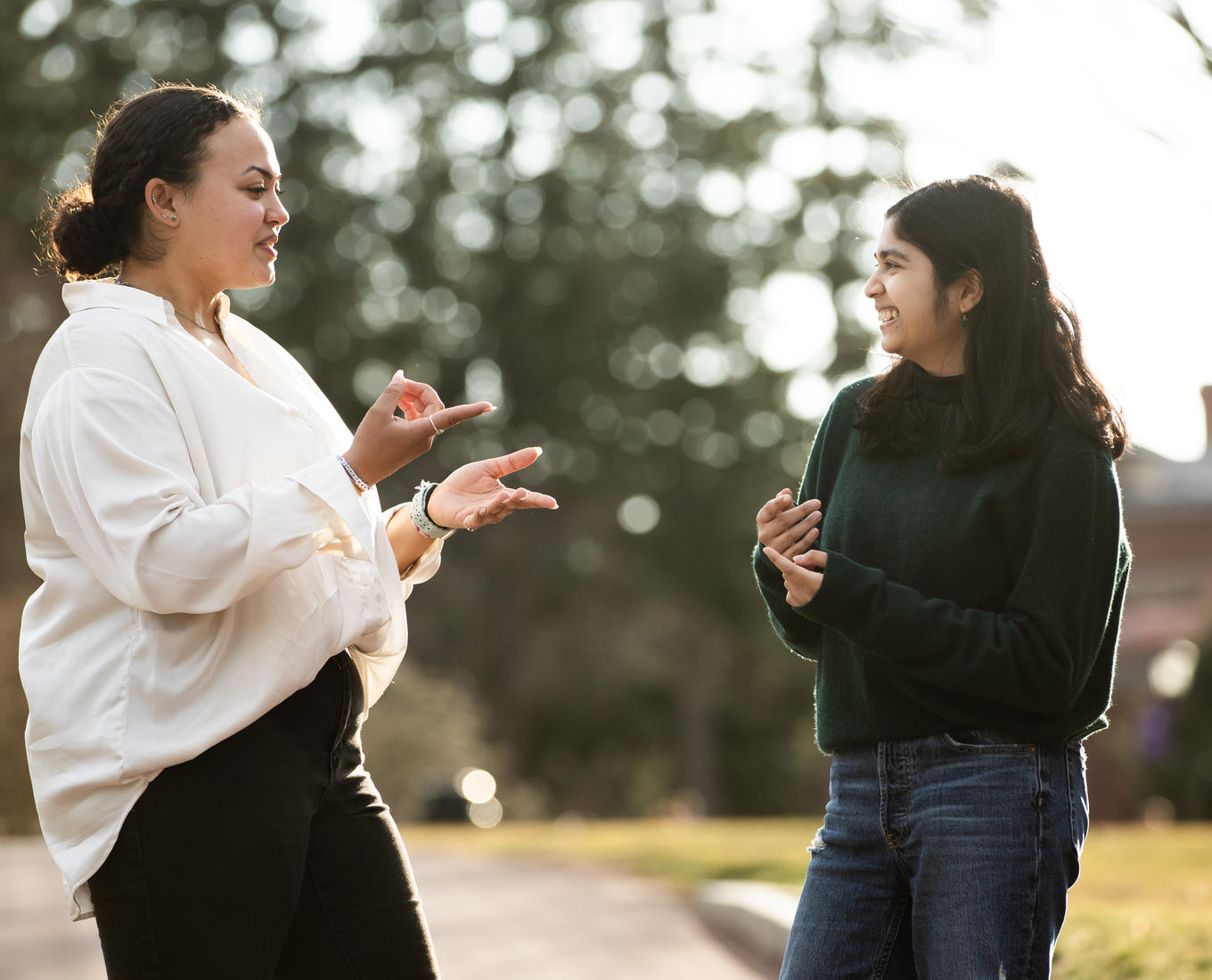The benefits of exercise and physical activity are undisputed: better sleep, improved mood, increased energy, and even lower risk of certain diseases.
William "Beck" Schutte '26 is passionate about fitness and its many benefits, and you’ll often find him working out in the Joanne Chouinard-Luth Recreation and Wellness Center or the Loyola Fitness Studio. He likes to lift weights, run on the treadmill or ride an exercise bike. And not only does he love to work out, but he wants others to experience the benefits, too — especially people with physical disabilities.
An internship at the Institute for Human-Centered Design in Boston in 2023 got him thinking about the accessibility of gyms and other workout spaces.
“One thing I took away from the internship is that outdoor spaces can really only be so accessible. If you look at a walking trail, you can’t have an ADA [Americans with Disabilities Act] bathroom or bench every 15 yards. But there’s no reason why a gym couldn’t be more accessible,” Schutte says. “But the research that I’ve found so far [indicates] that broadly, people with disabilities don’t feel represented and able to fully access public gyms. And I felt like there was a bit of a gap in the research. If outdoor spaces aren’t accessible, and indoor spaces aren’t accessible, how do people exercise with a disability?”
Schutte is exploring that question during the summer of 2024 in the College’s Weiss Summer Research Program, collecting research and writing a 15- to 20-page literature review paper on the topic. Not only is his research aptly timed with the 2024 Paralympic Games in Paris, but it also has a personal connection, as Schutte is visually impaired.
He’s independent and navigates Mount St. James on his own, without the assistance of a cane, and says that most people don’t even realize he’s visually impaired until he shares that fact. But in the gym, his visual impairment means that he can relate to the barriers that people with physical disabilities might experience.
“What I have found is that ADA compliance does not mean that it is accessible,” says Schutte, who reads and writes in Braille for his academic assignments, and uses a program that translates his work into print for his professors.
“The ADA was created in 1990, and then, in 2010, they updated some of the standards and gyms were included in that update. One thing I’ve found recently is that the physical equipment doesn’t necessarily have to be completely accessible, which has been credited with putting disabled people at a disadvantage in the gym."
For the purposes of Schutte’s project, the term “gym” broadly encompasses workout spaces, including fitness centers, college recreation centers, physical therapy offices, yoga studios and other exercise class spaces. In his research, he cited two studies that used the AIMFREE tool, which analyzes the ADA compliance and general accessibility of fitness centers. Of the spaces analyzed in those two studies, 0% were fully ADA compliant.

